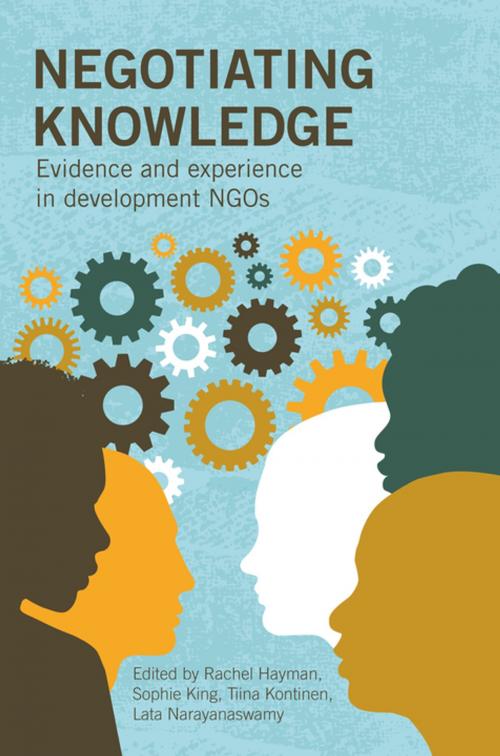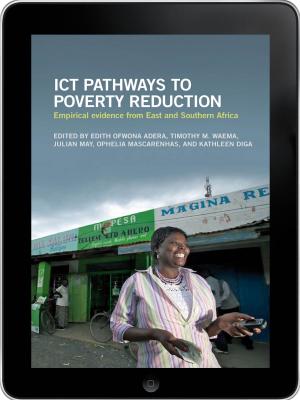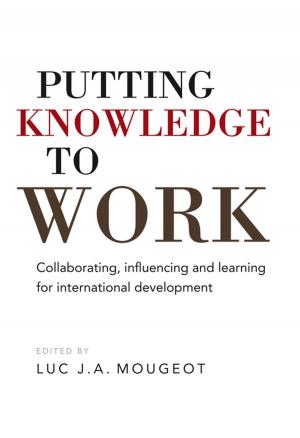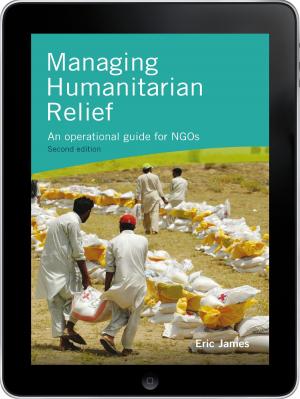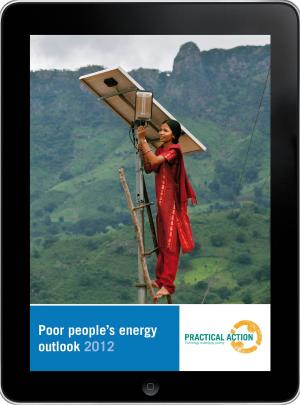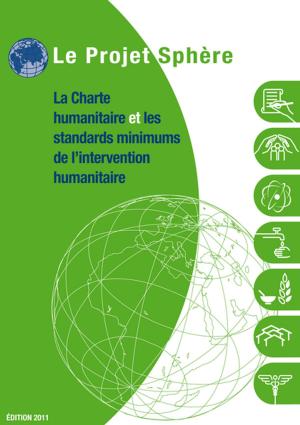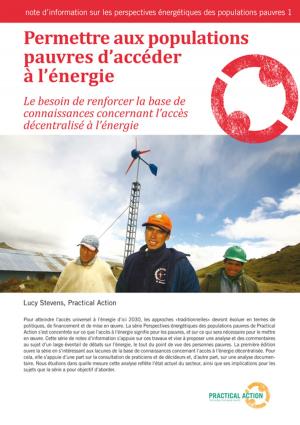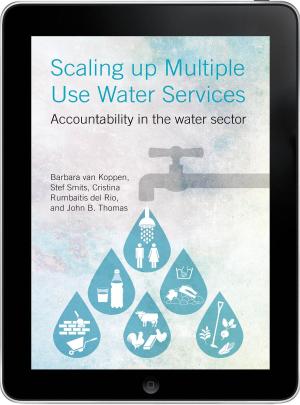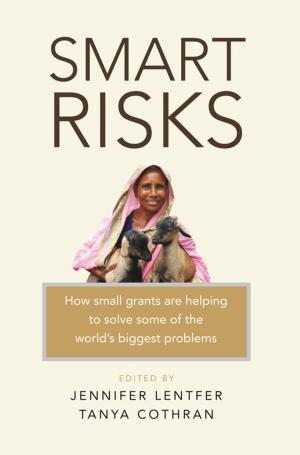Negotiating Knowledge
Nonfiction, Reference & Language, Reference, Social & Cultural Studies, Social Science| Author: | ISBN: | 9781780449265 | |
| Publisher: | Practical Action Publishing | Publication: | July 15, 2016 |
| Imprint: | Practical Action Publishing | Language: | English |
| Author: | |
| ISBN: | 9781780449265 |
| Publisher: | Practical Action Publishing |
| Publication: | July 15, 2016 |
| Imprint: | Practical Action Publishing |
| Language: | English |
International NGOs are increasingly under pressure from governments and the public to demonstrate evidence of impact and positive results. This book critically examines how development NGOs working around the world create knowledge and evidence, and use it to satisfy donors, to improve their practices, and to further our understanding of poverty. It asks questions such as: does the evidence of community organizations count as much as higher-level organizations? Should southern NGOs be expected to disseminate pre-formed development ‘messages’? What do we mean by ‘evidence-based advocacy’? The eight studies that form the core of Negotiating Knowledge span scholarly and practitioner research across Africa, Asia and Latin America. They tackle political issues that determine what forms of evidence and knowledge are given credence. They explore the power dynamics that shape the value placed on knowledge and learning in relationships within and between organizations. Negotiating Knowledge urges NGOs to examine how they use knowledge in order to make it work better for themselves and for the people that they aim to assist. To do this well, they have to understand better what they mean by knowledge and evidence, revisit the value that they place on learning and knowledge, and invest in appropriate capacity and skills. This book is essential reading for international NGO staff, policy makers, as well as those researching, studying and making policy in international development.
International NGOs are increasingly under pressure from governments and the public to demonstrate evidence of impact and positive results. This book critically examines how development NGOs working around the world create knowledge and evidence, and use it to satisfy donors, to improve their practices, and to further our understanding of poverty. It asks questions such as: does the evidence of community organizations count as much as higher-level organizations? Should southern NGOs be expected to disseminate pre-formed development ‘messages’? What do we mean by ‘evidence-based advocacy’? The eight studies that form the core of Negotiating Knowledge span scholarly and practitioner research across Africa, Asia and Latin America. They tackle political issues that determine what forms of evidence and knowledge are given credence. They explore the power dynamics that shape the value placed on knowledge and learning in relationships within and between organizations. Negotiating Knowledge urges NGOs to examine how they use knowledge in order to make it work better for themselves and for the people that they aim to assist. To do this well, they have to understand better what they mean by knowledge and evidence, revisit the value that they place on learning and knowledge, and invest in appropriate capacity and skills. This book is essential reading for international NGO staff, policy makers, as well as those researching, studying and making policy in international development.
